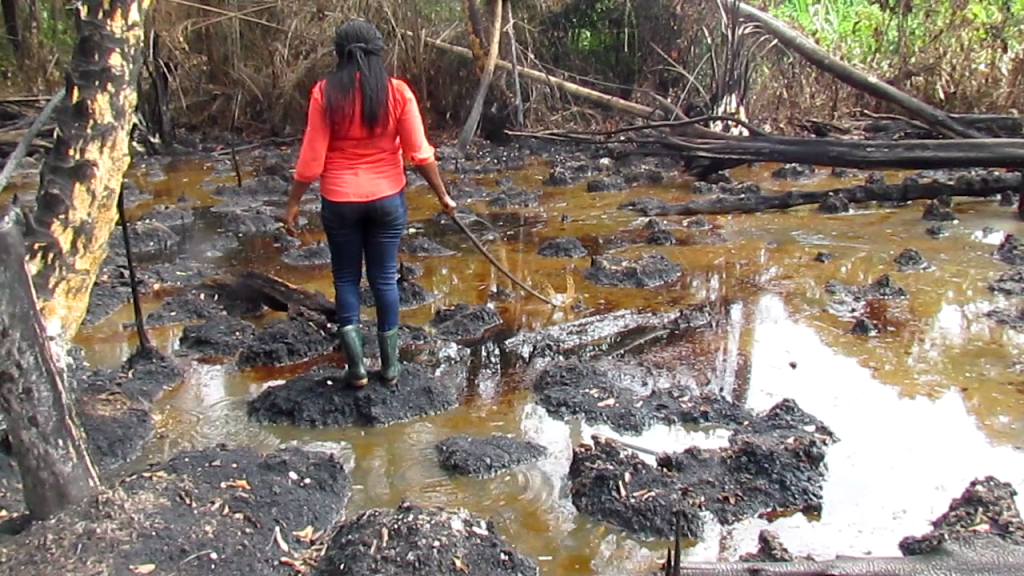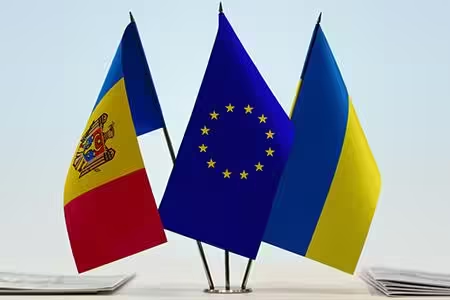Brussels, June 24, 2024 — The European Union, member states have widely endorsed a set of conclusions outlining a vision for a competitive and sustainable agricultural sector. The conclusions place farmers at the forefront and emphasize the strategic role of agriculture in ensuring food security.
“The conclusions represent a broadly supported vision for the future of agriculture and set out our ambitions for a competitive sector. They place farmers at the heart of our concerns and underline the strategic role of agriculture in guaranteeing food security in an open economy. The conclusions also recognize the importance of research and innovation. Finally, priorities also include administrative simplification and support for young farmers,” stated David Clarinval, Belgian Deputy Prime Minister and Minister for Agriculture.
Strategic Role of Agriculture: The conclusions underscore the essential role of agriculture in ensuring food security and strategic autonomy. They acknowledge the numerous challenges the sector faces, including climate change, geopolitical tensions, and administrative burdens. The text recalls the recent European Council meetings where EU leaders reaffirmed the importance of the Common Agricultural Policy (CAP) and the need for a stable, predictable framework to support farmers.
Competitiveness and Growth: The conclusions highlight the potential of agriculture to contribute to sustainable economic growth. They stress the necessity of ensuring fair income for farmers and improving their position in the food supply chain. Recent initiatives like the EU Agrifood Chain Observatory were welcomed as steps in the right direction.
“It is crucial to ensure that our farmers can earn a fair income and have a strong position in the food supply chain. This is essential for the sustainability and resilience of our agricultural sector,” Clarinval added.
Trade and Enlargement: Acknowledging the EU’s status as a net exporter of agrifood products, the conclusions emphasize the importance of maintaining a fair, open, rules-based trading system. The member states also called on the Commission to regularly assess the impact of free trade agreements on agriculture and to prepare the sector for potential EU enlargement.
Innovation and Research: The text stresses the role of research and innovation in ensuring the production of sustainable, safe, healthy, and affordable food. It calls for complementary funding to the CAP and highlights the importance of exchange networks and advisory services for farmers.
Simplification and Red Tape Reduction: The conclusions call for the simplification of administrative processes, urging the Commission to monitor and reduce the sources of administrative burdens. Member states are also encouraged to play their part in this simplification process.
Support for Young Farmers: Recognizing the challenges young and new farmers face, the conclusions highlight the need for measures to support generational renewal in the farming sector. Access to farmland and credit are identified as key issues.
Climate Change Resilience: The conclusions acknowledge the agricultural sector’s efforts in contributing to the EU’s climate, biodiversity, environmental, and sustainability goals. They stress the need for adequate support to help farmers adopt sustainable practices while maintaining competitiveness and profitability.
These conclusions are part of a broader effort to provide input to the Commission ahead of upcoming proposals for the future CAP. The strategic dialogue on the future of EU agriculture, initiated by the Commission, aims to depolarize debates surrounding agriculture and the green transition.
“Our strategic dialogue is crucial in shaping a future where agriculture thrives sustainably, supporting both our farmers and our environmental goals,” Clarinval concluded.
Editor: Gabriel Ani




